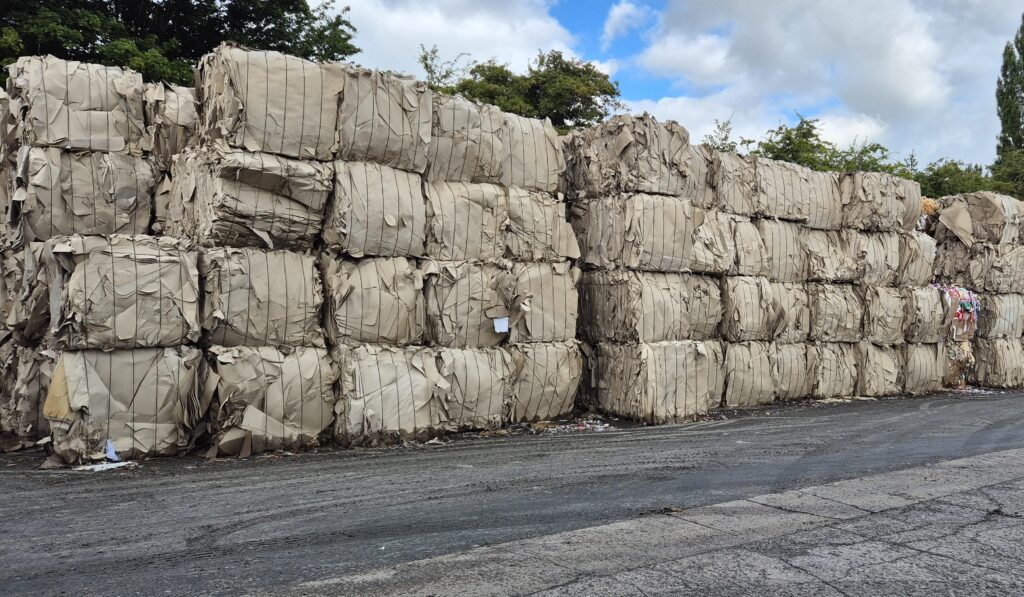As part of the programme, the company is to acquire the adjacent New Thames Paper Mill from the M-Real Corporation, as well as a remaining 50% stake in Grovehurst Energy, the energy supplier of the Kemsley and New Thames Paper mills.
DS Smith said a further £37 million will be spent over the next 12 months to convert the New Thames side of the expanded Kemsley site to produce high-quality lightweight recycled CCM with effect from January 2009.
The New Thames mill currently produces fine uncoated office paper with an annual capacity of 230,000 tonnes. The mill employs some 280 people and has sales of about £120 million.
It is to be given “the latest paper-making technology” to switch to CCM.
The total cost of the project is expected to be about £104 million and will be funded from the Group's existing debt facilities, the company said. It should provide DS Smith with 260,000 tonnes per annum of high-quality lightweight CCM, the company predicted.
“Good returns”
This significant development will create, in a highly cost-effective way, one of the most flexible and cost-competitive CCM mills in Europe.
Tony Thorne, DS Smith
Tony Thorne, group chief executive of DS Smith plc, said: “This significant development will create, in a highly cost-effective way, one of the most flexible and cost-competitive CCM mills in Europe at our principal site at Kemsley. It will strengthen our important UK Paper and Corrugated Packaging business and give us a significant capability in the growth segment of high-quality lightweight CCM paper. We are confident it will provide very good returns for our shareholders.”
There had been talk of the possibility of establishing a new board mill over the last few years, but it now looks as though the board of DS Smith has opted for the expansion of its Kemsley facility instead.
As part of its announcement, the DS Smith management board explained that the acquisition and investment was being taken because of the company's “very limited capacity” to produce lightweight CCM at the moment. It said its own demand and its customers' demand for the material was growing.
The board said the new capacity would come at a “highly competitive investment cost per tonne”, creating “one of Europe's most flexible and cost-competitive CCM manufacturing operations at DS Smith's already highly-competitive, well-invested prime mill at Kemsley.”
Investors were told the deal would generate good financial returns in the projects first full year of operation, 2009/10.
We are streamlining our office paper production by concentrating it on the newer mills.
Mikko Helander, M-Real
It should initially produce a return on the investment equal to the cost of borrowing the money, the company said, and in the long-term would produce returns in excess of the cost of the capital.
And, the DS Smith board said, the move would improve the company's cash flow.
M-Real
M-Real said the New Thames Paper mill would continue to produce office paper on M-real's account towards the end of 2008. After that it would cease to produce office paper and DS Smith will later start up the production of raw material for corrugated board in the mill.
M-Real, part of the Metsäliitto Group, said the deal would provide no significant capital gain or loss, but would help it to streamline its operations while avoiding £26 million in pension liabilities and associated costs had it closed the New Thames mill.
Mikko Helander, chief executive of the M-real Corporation, said: “We are streamlining our office paper production by concentrating it on the newer mills. The continuation of the present production in the New Thames mill would require major investments. And it is also expected that the decision now made will contribute to positive price development in the office paper sector.”









Subscribe for free